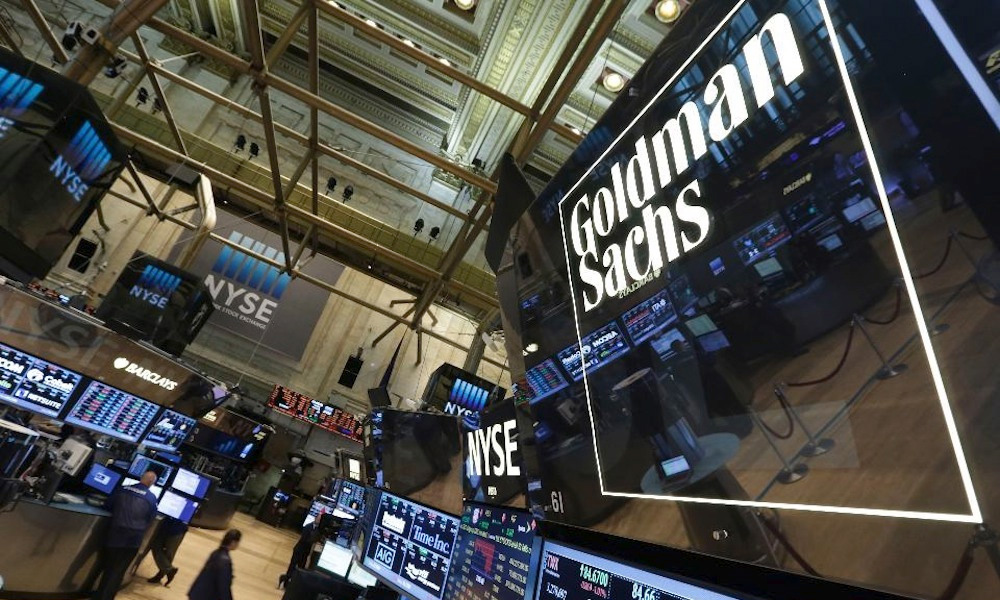
Published by Malaysiakini, image from Malaysiakini.
Goldman Sachs, through its new chairperson David Solomon, apologised to the people of Malaysia last week. But one wonders if Solomon has ever set foot in any part of Sabah or Sarawak.
This is because Solomon and Goldman need to understand the extent to which it enabled the destruction of the development hopes of the East Malaysian states.
The US$7.5 billion should not be all that Putrajaya demands from Goldman. It should ask the bank why it repeatedly enabled and empowered the likes of former Prime Minister Najib Abdul Razak and financier Low Taek Jho with a virtually endless line of credit from 2012, if not earlier.
What Goldman did was the financial equivalent of issuing a black credit card to addicted gamblers.
And, true enough billions were splurged by Low and his sidekicks in casinos, world-class shopping centres and art exhibitions and many other material comforts, to an umpteenth extent. Thus, it bewilders the mind that all Goldman can do is to say sorry.
What Goldman did was nothing less than what all drug barons do. They push the intoxicant, in this case, an endless line of credit to 1MDB, not only without due diligence, but to the extent of sheer criminal neglect.
Not surprisingly, what confronts Goldman now is not a civilian 1MDB case, but a criminal one, under the US Department of Justice.
Thus a mere apology is not just insufficient, but an affront to the national sovereignty and security of Malaysia on three grounds.
First of all, Goldman did not acknowledge that the financial credibility of the Malaysian government has been hit.
Malaysia is an economic entity that operates on the basis of what GLICs and GLCS do. Close to 70 percent of the Kuala Lumpur Stock Exchange is affected by the performance of these companies.
What Goldman did, by ensuring an uninterrupted flow of credit and bonds to Malaysia at a commission rate of 7.5 percent – much more than what the market demands – is nothing less than an economic crime against Malaysia.
Had 1MDB collapsed, without the Ministry of Finance Inc absorbing it, the entire economy could have suffered a meltdown, not unlike what was witnessed in the 1997 Asian financial crisis.
Secondly, had Malaysia failed, not unlike how Indonesia did in that period, it would have dragged down the entire regional economy. Wasn’t the East Asian currency crisis in 1997 triggered by the balance of payment crisis in Bangkok, which in turn led to crippling losses in Indonesia, South Korea, and even at one stage Hong Kong?
Thirdly, Goldman did not take into account the degree to which it had weaponised 1MDB. By allowing 1MDB to latch onto its name to borrow up to US$7.5 billion, the bank was laying a financial trap not just for the country, but the region.
If what Solomon can only do is to express a parse apology to Malaysia, rather than to the whole of East Asia, then the Attorney-General’s Chambers in Malaysia deserves to sue the pants off Goldman.
Finance Minister Lim Guan Eng has repeatedly said that Goldman needs to pay back the US$7.5 billion. He is too kind. He could very well ask for more in exemplary damages.
Dr. Rais Hussin is President & CEO of EMIR Research, an independent think tank focused on strategic policy recommendations based on rigorous research.

